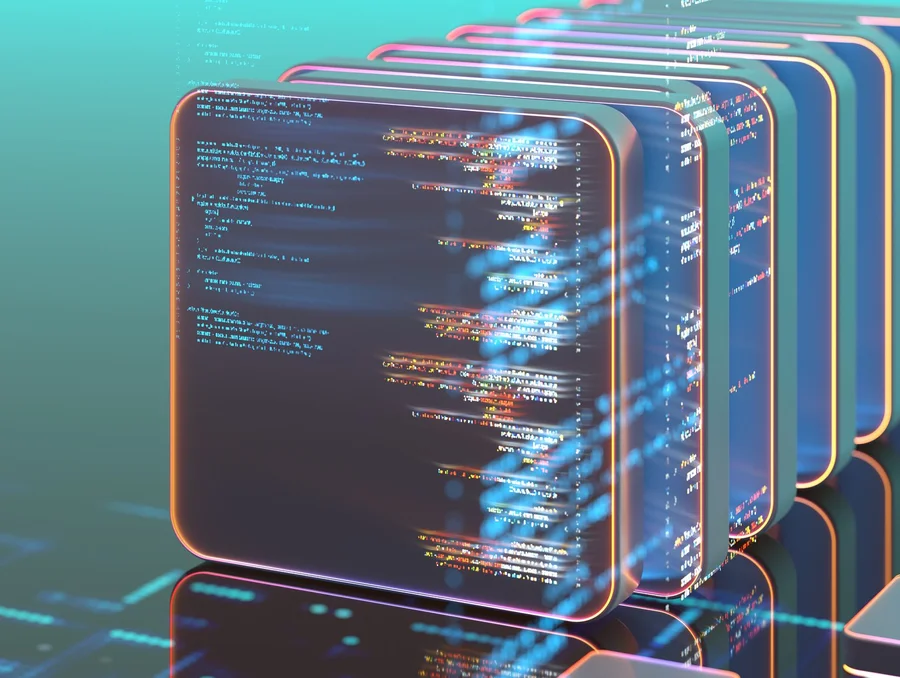CEO Sundar Pichai revealed a striking statistic at a recent earnings report: a quarter of Google’s code is generated by AI before engineers validate it.
The technology sector is undergoing a significant transformation as companies increasingly adopt AI to enhance operational efficiency and drive innovation.
Although many have pushed to incorporate AI into their operations, few may still be able to point to such concrete benefits of AI.
Yet, Google may be the first to put tangible numbers to the technology. At the tech titan’s recent earnings call, CEO Sundar Pichai revealed a striking statistic that encapsulates this trend: more than a quarter of all new code at the company is now generated by AI.
This development marks a significant milestone in the integration of AI into core business processes, and also signals what might be the beginning of a new trend of AI tangibly doing previously-held human jobs.
AI-driven productivity at Google
Speaking at the event, Sundar highlighted the company’s use of AI in coding processes: “We’re also using AI internally to improve our coding processes, which is boosting productivity and efficiency.”
This AI-generated code is reviewed and accepted by engineers, enabling them to accomplish more in less time.
The impact of this AI-driven approach is already evident in Google’s workforce numbers. The company reported a reduction in its employee count, with over 1,000 fewer staff compared to the same period in 2023.
Google’s success with AI extends beyond internal processes. The company has made significant strides in reducing costs associated with AI-powered features:
AI Overview Efficiency: Google has lowered machine costs per search query through its AI Overview application by more than 90% in just 18 months, while simultaneously doubling the size of its custom Gemini model.
Widespread AI Integration: All seven of Google’s products and platforms with over 2 billion monthly users now utilise Gemini models, including Google Maps, which recently surpassed the billion-user milestone.
An industry shift with AI
While Google showcases the productivity gains of AI, the cuts it made are not unique to it.
Finance company Klarna recently announced plans to reduce its headcount through efficiencies it says have resulted from its investment in AI, planning to cut its workforce by almost half in the coming years, having already reduced it from 5,000 employees to 3,800.
Equally, IT giant Cisco announced significant layoffs as part of its pivot towards investment in AI.
The company’s recent job cuts affect approximately 5,600 employees, representing 7% of its workforce and followed an earlier round of layoffs in February 2024, bringing the total number of job cuts to nearly 10,000 this year alone.
The duality of AI in tech
The contrasting approaches of Google and Cisco illuminate the dual nature of AI’s impact on the tech industry.
On one hand, companies are leveraging AI to enhance productivity and drive innovation. Google’s use of AI in code generation and search query processing exemplifies this trend.
On the other hand, the efficiencies brought about by AI are leading to workforce reductions, as seen in Cisco’s and Klarna’s strategic realignment.
Although the impact of AI on jobs has been widely discussed, these developments are some of the first signs of the technology being used to replace roles.
The Institute for Public Policy Research warned earlier this year that up to eight million jobs would be at risk because of the increase in AI uptake, with low-skilled workers being the most affected.
In 2024 alone, over 136,000 employees across 422 tech companies have been affected by layoffs. Many of these cuts are attributed to economic pressures and reduced demand, but they also reflect a shift towards AI-driven efficiencies.
AI’s future in tech
As AI continues to evolve and integrate into core business processes, the tech industry faces a period of significant transformation.
Companies are increasingly investing in AI capabilities while simultaneously restructuring their workforces.
But as companies like Google have proven, AI’s ability to transform operations is here. What is less certain is to what extent this will affect the workforce.



